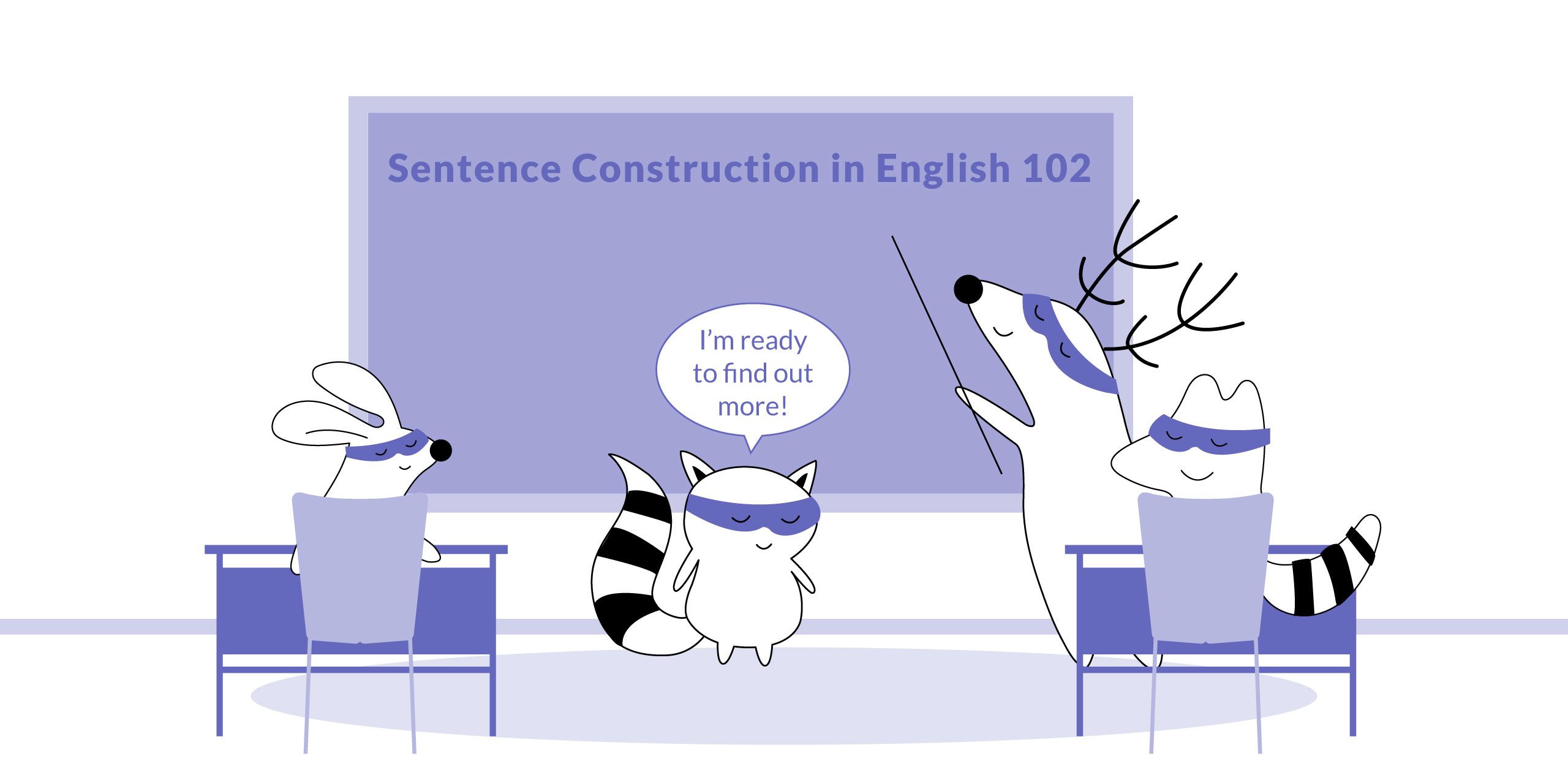
Differences in American and British English spelling of some words can confuse a beginner so much that you might start thinking you made a mistake. However, this is not always the case. In fact, English has a flexible attitude towards correct spelling, so none of the following spellings are wrong. Moreover, they are not mutually exclusive.
It's just that the two major English-speaking countries, America and the United Kingdom each have their own well-established rules for writing the same words. Add several dialects used in other English-speaking countries to this, and you'll get a variety of different spellings for the same word.
To understand which spelling is in front of you - British or American - it is often enough to always keep one handy hint in mind: Americans are more likely to simplify things. Therefore, the American version will have fewer letters than the British one, and in general, a word will look simpler.
In our previous post, we've already briefly mentioned the differences between American and British English spelling as one of the most common causes for misspellings in English. However, below you will find the essential information about these two spellings and many more examples to help you understand the difference.
Learn English with Langster
Why Are There Spelling Differences in the First Place?
First of all, it is important to note that many spelling differences between American and British English come from a time when there were no spelling standards. For example, some spellings considered "American" today were once commonly used in Britain, while others considered "British" were once commonly used in the United States.
A "British standard" came after the 1755 publication of Samuel Johnson's A Dictionary of the English Language. And an "American standard" came after Noah Webster's work, particularly An American Dictionary of the English Language, first published in 1828.
Noah Webster tried to change how words were spelled in his home country, and some of his efforts at spelling reforms were successful. This led to some well-known differences in how words were spelled between British and American English.
As for the preferred spelling for most Commonwealth countries and Ireland, their spelling systems are very similar to the British one. People in Canada are more willing to accept foreign spellings than people from other English-speaking countries - the spelling system in Canada can be said to follow both British and American forms.
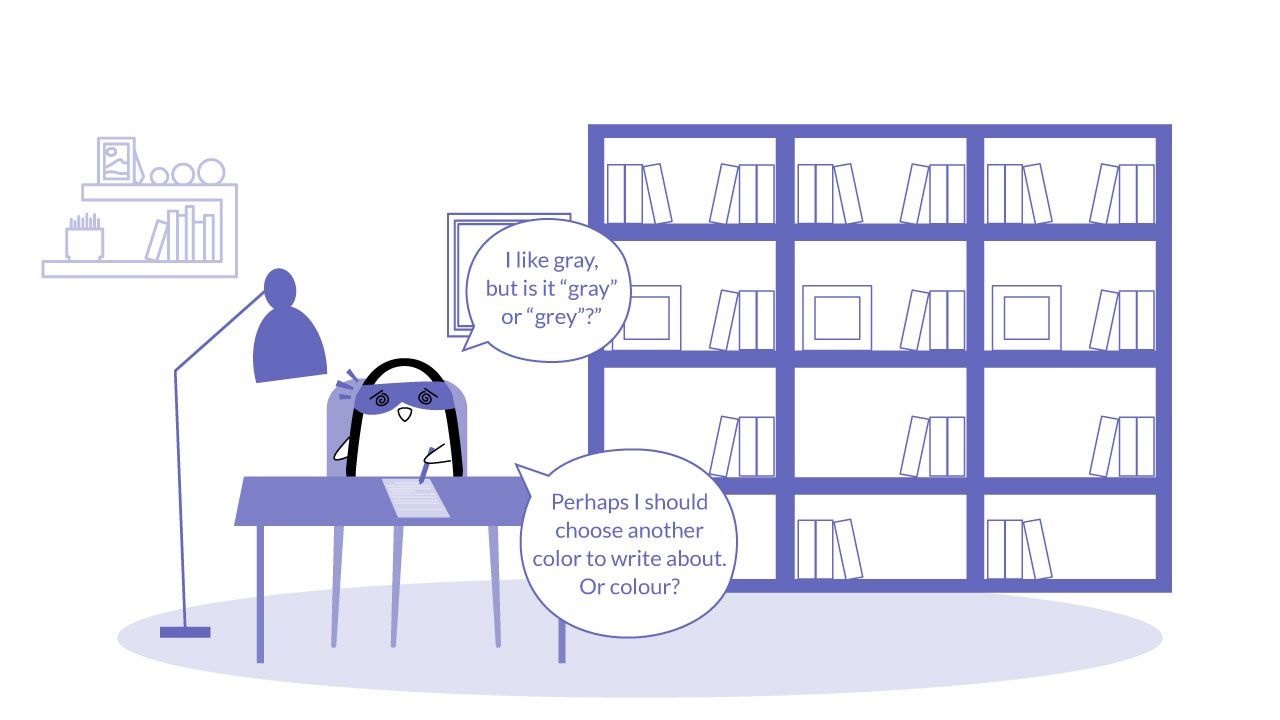
or / -our
In British English spelling, some nouns end in "-our," while in American English, they end with "-or."
| British English | American English |
|---|---|
| colour | color |
| flavour | flavor |
| humour | humor |
| neighbour | neighbor |
| British English | American English |
|---|---|
| colour | color |
| flavour | flavor |
| humour | humor |
| neighbour | neighbor |
This rule also applies to adjectives that come from the above words, for example:
- colour - colourful / color - colorful,
- favour - favourite / favor - favorite,
- neighbour - neighbourhood - neighbourly / neighbor - neighborhood - neighborly
However, there are also some exceptions - in some words, "-our" turns into "-or" in both the British and American English when an extra suffix is added:
- glamorous, honorary, humorous
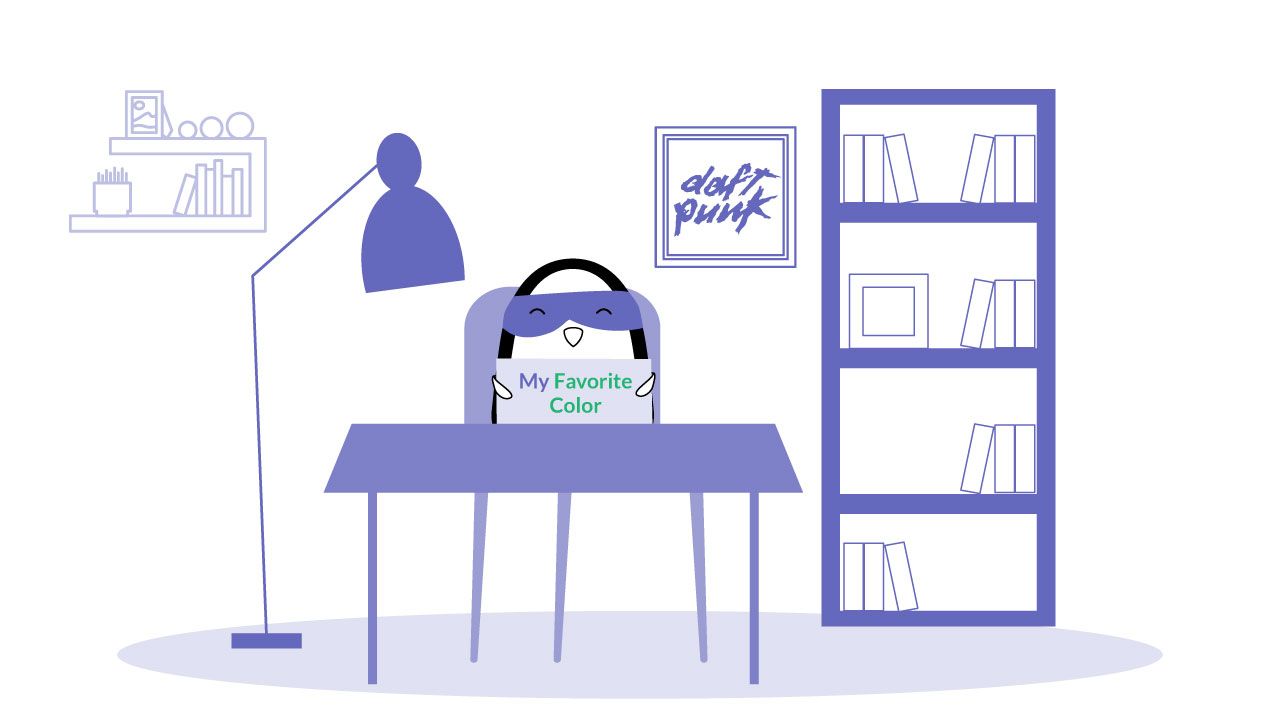
er / -re
Some French, Latin, or Greek nouns in British spelling end with "-re," while in American spelling, they have an ending "-er."
| British English | American English |
|---|---|
| calibre | caliber |
| centre | center |
| fibre | fiber |
| metro | meter |
| theatre | theater |
| British English | American English |
|---|---|
| calibre | caliber |
| centre | center |
| fibre | fiber |
| metro | meter |
| theatre | theater |
However, several words have been turned from "-re" to "-er" in both American and British English:
- chapter, disaster, enter, filter, letter, member, monster, number, powder, etc.
- September, October, November, December
In addition, the usage of "-er" instead of "-re" is rather universal as a suffix for agentive (user, reader, winner) and comparative (harder, better, faster, stronger) forms.
ense / -ence
Several nouns in British English have an ending "-ence," while in the American version, it's "-ense."
| British English | American English |
|---|---|
| defence | defense |
| licence | license |
| offence | offense |
| British English | American English |
|---|---|
| defence | defense |
| licence | license |
| offence | offense |
og / -ogue
British English uses the ending "-logue," while American English commonly uses the ending "-log," for example:
| British English | American English |
|---|---|
| analogue | analog |
| catalogue | catalog |
| dialogue | dialog |
| British English | American English |
|---|---|
| analogue | analog |
| catalogue | catalog |
| dialogue | dialog |
However, both British and American English use the ending "-gue" with " silent "-ue" for certain words:
- tongue, plague, vague, and league
ize /-ise
In British English, "-ise" and "-isation" are the most common forms for indicating a process, though "-ize" and "-ization" are also sometimes acceptable options. The second option is the standard in American English:
| British English | American English |
|---|---|
| authorise | authorize |
| criticise | criticize |
| organise | organize |
| realise | realize |
| recognise | recognize |
| civilisation | civilization |
| industrialisation | industrialization |
| organisation | organization |
| realisation | realization |
| British English | American English |
|---|---|
| authorise | authorize |
| criticise | criticize |
| organise | organize |
| realise | realize |
| recognise | recognize |
| civilisation | civilization |
| industrialisation | industrialization |
| organisation | organization |
| realisation | realization |
However, there are also exceptions. For example, the British write the verb "practise" with "s," while Americans will write both the verb and the noun "practice" with "c." Also, note that some verbs always have an ending "-ise" even in the American spelling:
- advise, exercise, supervise, surprise
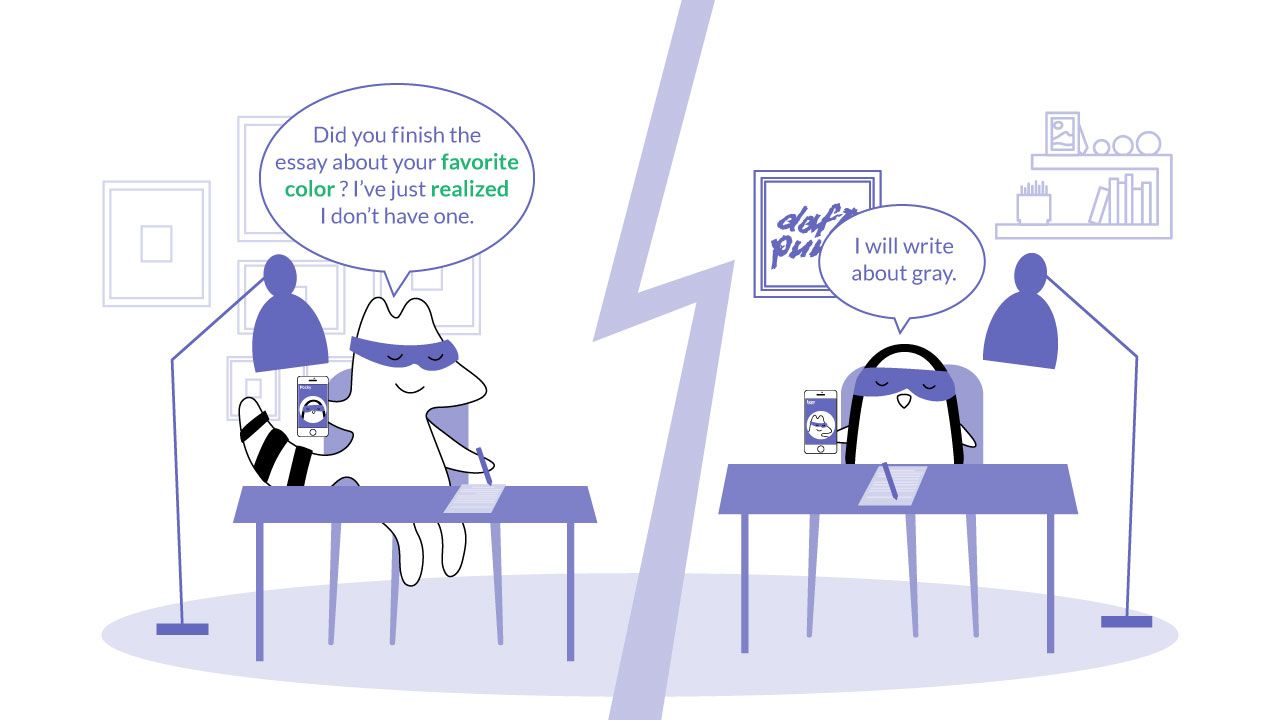
yze /-yse
Words ending with "-yse" in British English end with "- yze" in American English.
| British English | American English |
|---|---|
| analyse | analyze |
| catalyse | catalyze |
| paralyse | paralyze |
| British English | American English |
|---|---|
| analyse | analyze |
| catalyse | catalyze |
| paralyse | paralyze |
ll- / -l-
Verbs ending in a vowel + "l" in the British version double the final consonant when adding an ending, but in the American version, they do not double.
| British English | American English |
|---|---|
| travel – travelled – travelling – traveller | travel – traveled – traveling – traveler |
| British English | American English |
|---|---|
| travel – travelled – travelling – traveller | travel – traveled – traveling – traveler |
However, when the emphasis falls on the last syllable, the "l" is always doubled even in the American version of English:
- expel – expelled; patrol – patrolled
Similarly, Americans do not always seek to remove unnecessary letters. In many words where the British use only one consonant "l," in the American version, it is double.
| British English | American English |
|---|---|
| skilful | skillful |
| fulfil | fulfill |
| instalment | installment |
| appal | appall |
| enrol | enroll |
| British English | American English |
|---|---|
| skilful | skillful |
| fulfil | fulfill |
| instalment | installment |
| appal | appall |
| enrol | enroll |
ae, -oe / -e
Some words that are spelled with "ae" and "oe" in British English are spelled with "e" in American English.
| British English | American English |
|---|---|
| leukaemia | leukemia |
| manoeuvre | maneuver |
| oestrogen | estrogen |
| paediatric | pediatric |
| British English | American English |
|---|---|
| leukaemia | leukemia |
| manoeuvre | maneuver |
| oestrogen | estrogen |
| paediatric | pediatric |
In addition, British English sometimes keeps a silent "e" when adding suffixes, while American English frequently drops it. Here are some examples:
| British English | American English |
|---|---|
| ageing | aging |
| likeable | likable |
| sizeable | sizable |
| British English | American English |
|---|---|
| ageing | aging |
| likeable | likable |
| sizeable | sizable |
The Bottom Line
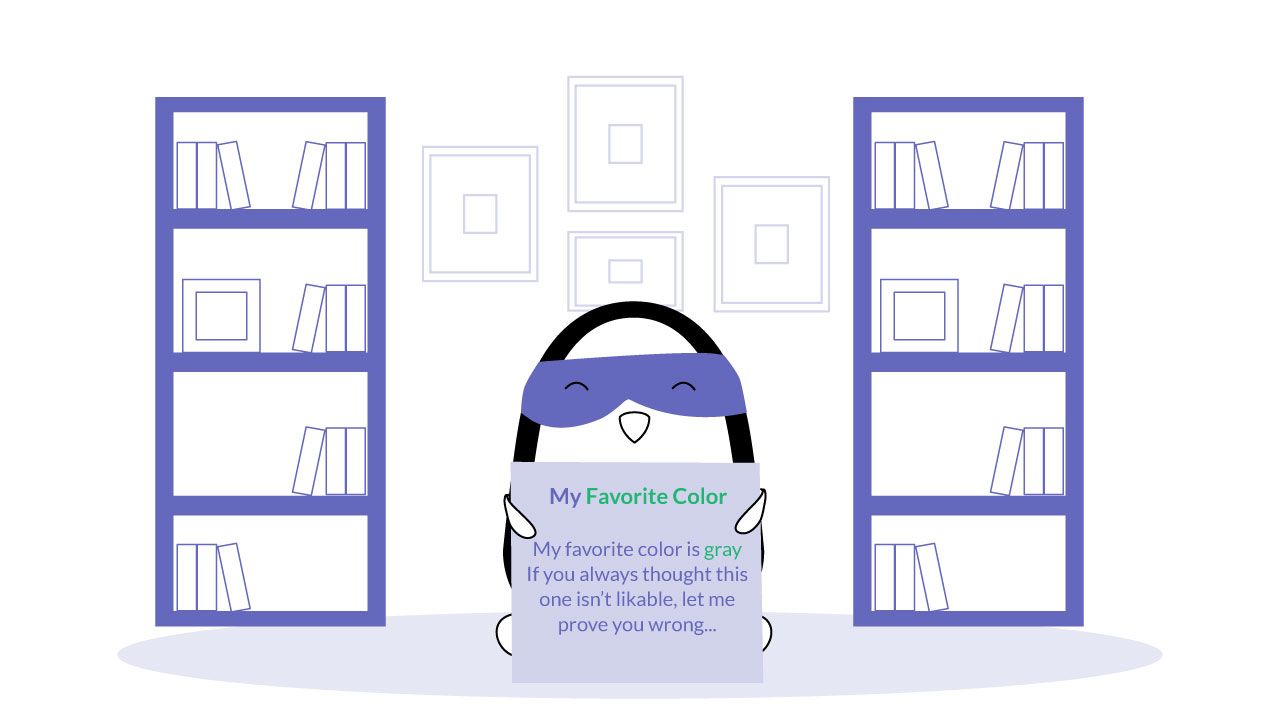
In this post, we've concentrated on the spelling differences in British and American English. However, it is also important to note that there are also differences in pronunciation, vocabulary (the same words can have different meanings in British and American English), and even grammar.
Being aware of the differences will allow you to become a better writer - you only need to make sure which kind of spelling you want to use in a particular situation and stick to it throughout the whole text.
To improve your writing skills and expand your vocabulary even more, download our Langster app. It provides premium instant translation when you tap on any word. You can also hear audio from native speakers to help you get familiar with proper pronunciation and correct definitions.









